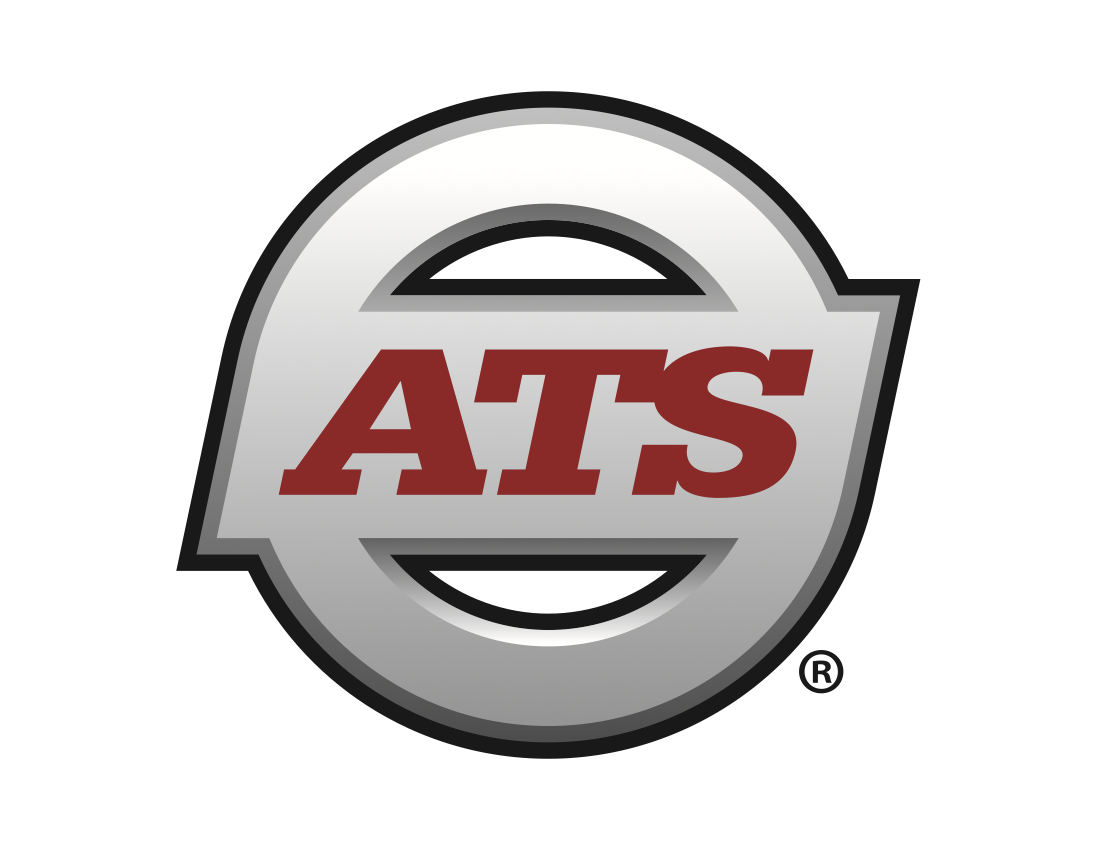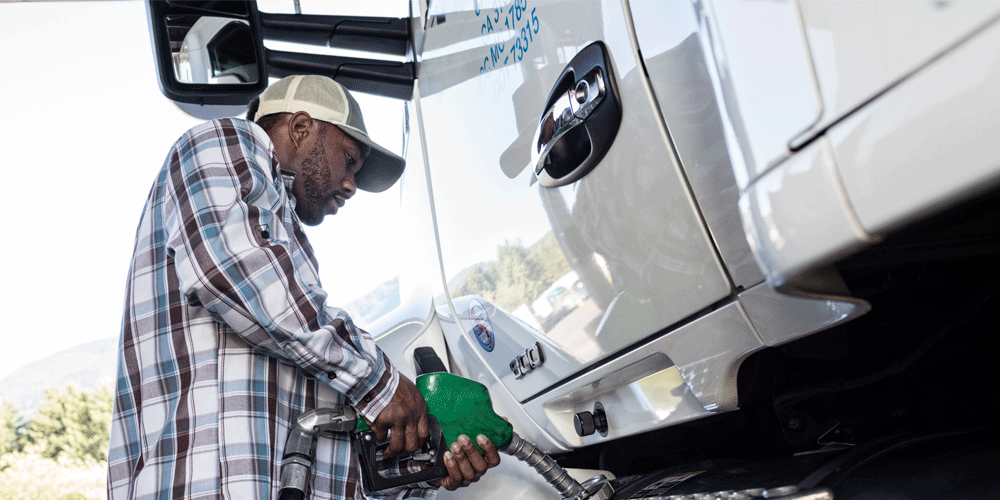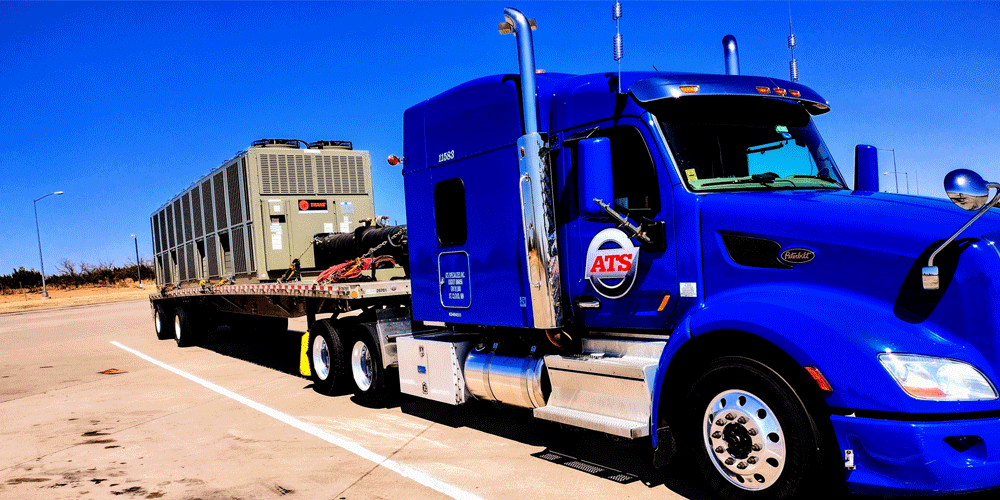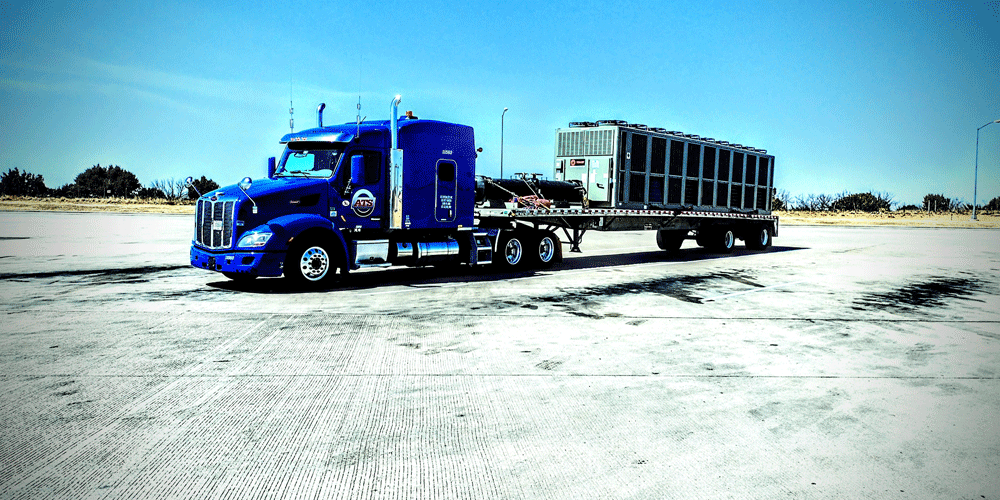Pros and Cons of Being a Company Truck Driver [5 Considerations]
Trying to decide if being a company driver is right for you? You’ve come to the right place.
Deciding to be a company driver versus an independent contractor or an owner-operator is a difficult decision, especially nowadays in the midst of both a truck driver shortage and a truck parts shortage. One path versus the next could have a major impact on your wallet, and no driver ever wants that.
We spoke to several company drivers on the Anderson Trucking Service (ATS) fleet to see what they do and don't like about being a company driver.
They'll give you an honest look at what it’s like to be a company driver, including:
- The benefits of being a company driver
- The downsides of being a company driver
When you’re finished reading this article, you’ll have a good idea of whether or not being a company driver is the right move for you.
Should I Be a Company Driver? [5 Considerations]
A company driver is hired on as an employee of the company, while lease operators and owner-operators are contracted to haul freight with the company.
Because they’re treated as an employee of the company, company drivers have access to company benefits that independent contractors will not receive.
A company driver operates equipment supplied and paid for by the company. They don’t pay for fuel or maintenance costs and they may be paid differently than independent contractors. These are major benefits as a company driver.
Consideration #1: Your Truck and Fuel Expenses are Covered
Company drivers don’t have to worry about making truck payments or paying for fuel. The company covers these expenses and that can be a major weight off your shoulders as a driver; it’s one less thing you have to worry about.
Keep in mind that this means you’ll need to follow the rules the company sets forth regarding their equipment. You may not have the option to be as selective with your truck model as you could if you were purchasing a truck on your own. You’ll also need to have repairs completed in the company’s network of shops.
Every company has a different policy, but you will most likely not be able to make any alterations to your truck. Some companies have pet policies that will allow you to have your pet with you in the company truck, but many don’t.
Consideration #2: You’ll Have Access to Company Insurance Benefits
There’s nothing like receiving the full support of the company.
As a company driver, as long as the company offers it, you’ll have access to employer-sponsored benefits. Their package availability and their level of coverage will depend upon the company, but you’ll have access to their health insurance and dental insurance packages as well as retirement packages.
You may be able to choose to cover your spouse and/or children too. It brings great comfort knowing that you have it all taken care of and you don’t need to figure out benefits on your own. You can simply call the trucking company for any assistance navigating benefits.
In addition to insurance and retirement accounts, most companies also offer paid vacation time for company drivers.
You won’t receive access to these same benefits as an independent contractor. Instead, you’ll need to source the open market and secure your own benefits.
Consideration #3: You’ll Have the Full Support of the Company During a Breakdown
As a company driver, the support doesn’t end at insurance benefits, retirement accounts, and covered truck payments and fuel. It also translates to covering maintenance expenses.
When you have a breakdown, the company will not only cover maintenance expenses, but they’ll also take care of you and put you in a hotel while your truck is being worked on. They’ll also provide breakdown pay.
One bad breakdown can make or break an independent contractor — especially if they don’t have funds in their maintenance account or money in the bank to cover the repair. Breakdowns are never fun, but they’re a lot less stressful when you know you have a company that’ll help you take care of the problem and you aren’t trying to fix it on your own.
When you have full company support, repairs are typically resolved in a more timely fashion. If it’s taking an especially long time for parts to come in, your company may even put you in a backup truck so you can keep putting money in your wallet.
As an owner-operator, you’ll have to find your own shop to complete repairs. Not only will you be making a lot of phone calls, but you may also be down a lot longer than a company driver who simply has to call roadside service or their dispatcher to get them an appointment at one of their network of shops.
Consideration #4: You May Be On Forced Dispatch
Many company drivers are on forced dispatch. Forced dispatch means that your dispatcher will present you with one freight option instead of several to choose from. Unlike an owner-operator, you won’t be choosing freight from a load board.
While some drivers don’t mind forced dispatch, others despise it. Some drivers think forced dispatch means they’ll be forced to haul a load no matter what. Instead, your dispatcher will work with you to make sure the load works with your schedule. Forcing you to haul a load against your will is against the law; a good company will work with you to give you loads that fit your needs and make you successful as a driver.
Still, some drivers would prefer to have more flexibility in their freight choices. If this is a dealbreaker, make sure you talk to recruiters at prospective companies to determine if their company drivers are forced dispatch.
The reason trucking companies do forced dispatch is twofold. First, companies have a responsibility to their customers to make sure their loads are delivered in a timely fashion. Second, because expenses are covered for you as a company driver, trucking companies need to ensure the truck is making revenue. When the truck makes money, so do you.
Consideration #5: You May Earn Less than Independent Contractors
Company drivers are often paid by cents per mile (CPM) while independent contractors receive percentage pay. That means when freight prices are high, independent contractors may see more money in their wallets. But when freight rates drop, you’ll see your paychecks take a hit.
Company drivers, on the other hand, can rely on more stability in their paychecks.
While independent contractors typically earn more than company drivers, the difference isn’t significant. Consider that independent contractors have to make their truck payments and cover the cost of fuel and repairs. They also don’t have taxes taken out of their checks, so they’re responsible for paying in each year. It’s a lot of responsibility that you may or may not be ready for — or even desire. When all is said and done, an independent contractor may come out making just as much as a company driver.
At the end of the year, an independent contractor could take home more money, but their expenses are so high that they could make the same as a company driver. Not only that, but one costly repair could significantly impact their income for that year. A company driver wouldn’t have to worry about the cost of repairs.
Deciding Between Being a Company Driver and an Independent Contractor
Being a truck driver is stressful enough as it is; being a company driver takes a lot of the headache out of the job. There’s a company backing you every step of the way. Not only are they covering expenses, but they’re also making sure you’re taken care of if you do have a breakdown. It’s comforting to know that the company is taking care of things behind the scenes; it’s one less worry for me.
That being said, every driver is different and has different needs. You may desire more control and independence in how you operate.
If you’re still trying to decide if being a company is right for you, you may want to compare the benefits of being a company driver versus an independent contractor.
It’s also a great idea to talk to both independent contractors and company drivers to learn more about their experience — especially at prospective companies.
![Pros and Cons of Being a Company Truck Driver [5 Considerations]](https://blog.drive4ats.com/hubfs/Images/Blog/Company%20Drivers--Pros%20and%20Cons/ATSFBLoad2.png)




